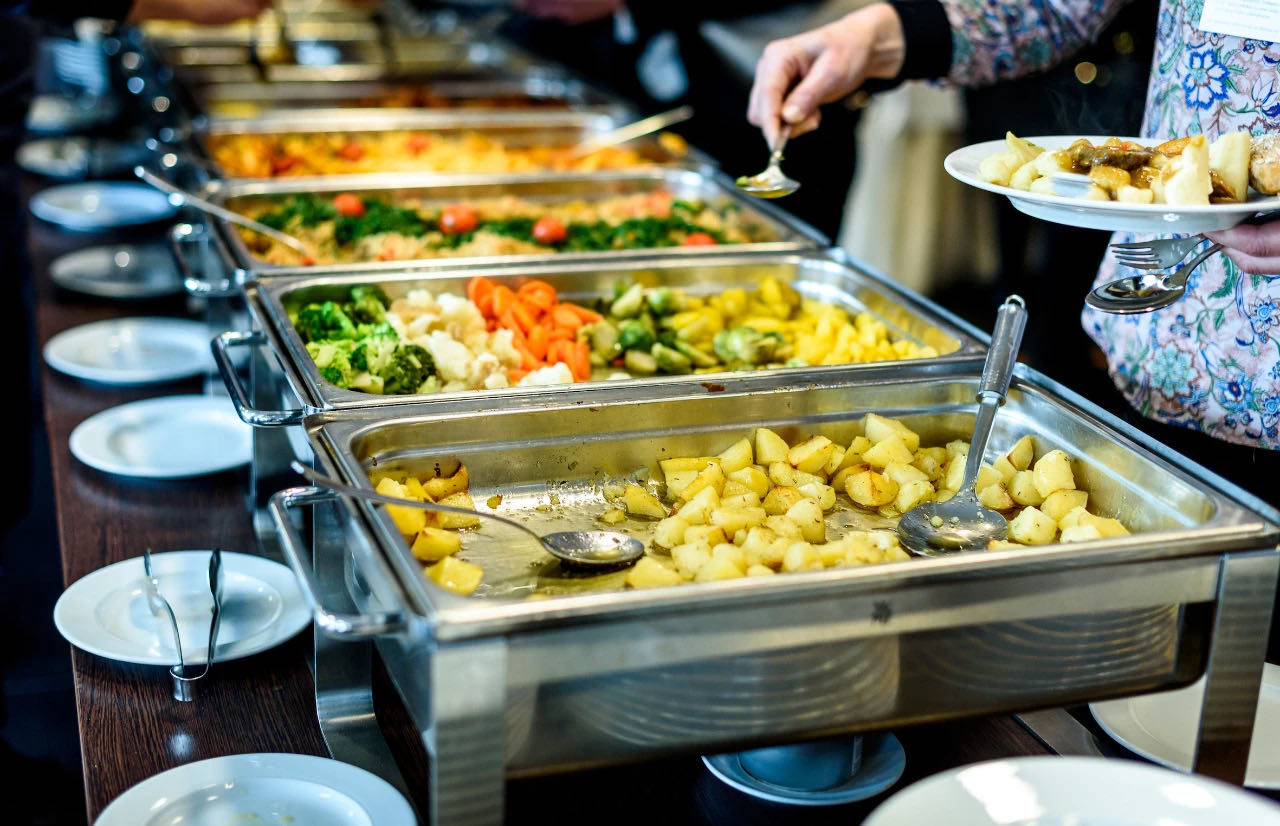A "Clean Plate Campaign" has been launched across China as the country steps up measures to reduce wastage of food.
In response to the nationwide campaign, catering service associations in different sectors of the society have come up with creative ways to help people develop healthy food ordering habits.
In line with the campaign, the canteen at Jiangxi University of Science and Technology in east China has started awarding students who finish their meals with free fruit, thereby encouraging them to economize food.

The canteen at Jiangxi University of Science and Technology awards students who finish their meals with free fruit. /CCTV
The canteen at Jiangxi University of Science and Technology awards students who finish their meals with free fruit. /CCTV
Separately, four lines of Nanchang–Shenzhen and Nanchang-Chengdu high-speed railways have begun offering small portion of dishes to passengers, allowing them to choose the portion of meal that matches their food intake so as to reduce food wastage.

China's high-speed railway offers small portions of dishes to passengers. /CCTV
China's high-speed railway offers small portions of dishes to passengers. /CCTV
Meanwhile, a buffet restaurant at a scenic spot in southwest China's Chongqing Municipality has set up a system of rewards and penalties. Customers who leave leftovers weighing over 50 grams are charged with an extra 10 yuan per person, and those who finish all the dishes are rewarded with a voucher.

Customers who leave leftovers weighing over 50 grams will be charged with an extra 10 yuan per person at a buffet restaurant in southwest China's Chongqing Municipality. /CCTV
Customers who leave leftovers weighing over 50 grams will be charged with an extra 10 yuan per person at a buffet restaurant in southwest China's Chongqing Municipality. /CCTV
The Clean Plate Campaign has been trending on social media platforms, stirring debates among netizens, with some voicing support for the actions while others worrying about the limitations on dining outside.
"I think these measures should be popularized across the country," commented a Weibo user.
"I don't think the habits can be developed in such a short period of time. What if someone just can't finish the meal he or she ordered?" questioned a Weibo user.
Last week, Chinese President Xi Jinping called on the nation to maintain a sense of crisis about food security, despite years of bumper crops, amid the fallout from the coronavirus pandemic. He said the levels of food waste in the country are "shocking and distressing." He urged relevant departments to build a long-term mechanism to stop food wastage.
A field research conducted by the Chinese Academy of Sciences in 2015 showed that urban cities in China wasted 17 to 18 billion kilograms of food annually, which corresponded to annual food consumption of 30 to 50 million people.
Amid the COVID-19 pandemic and economic slowdowns, food wastage has increasingly become a global problem.
According to a recent report released by the United Nations, the world is on the verge of the worst food crisis in 50 years and almost 690 million people in the world were undernourished in 2019.
Meanwhile, severe locust attacks in India and Pakistan have greatly damaged food crops, which might lead to a 30-50 percent reduction in food crops.
Top image: (An old man is dining in a restaurant with a sign that reads "say no to food waste," Hangzhou, east China's Zhejiang Province, August 14. /CFP)